This site uses cookies. By continuing to browse the site you are agreeing to our use of cookies. Read our privacy policy

Dr. Maria dos Remédios Freitas Carvalho Branco, Infectious disease physician / Professor, Federal University of Maranhão, Brazil
Tell us about your work.
In addition to teaching at the University of Maranhão, I do research in the field of infectious disease, including dengue. I also do research on beriberi, which is not infectious, but is related to poverty and food insecurity.
Practicing medicine is a challenge, but I think teaching is a greater one. Students are always demanding information that forces you to go looking for facts. To be a teacher, you have to master a series of technologies. The great challenge in my career was not so much to be a doctor, but to be both a teacher and a doctor.
You’ve gone from being a doctor and teacher to being a spokesperson?
Yes. I actually did my medical residency and went back to Maranhão, where I live and work. I started to be interviewed quite a bit on the topic of infectious diseases, which is relevant to Brazil, especially Maranhão, which is an area of poverty.
The local press always liked to do these interviews with me, especially for television, becuase I can explain things clearly. When the pandemic began, we started getting lots of interview requests. We needed a place where we could make available all of the information that we were giving out. My daughter is a website developer, and we concluded that it would be useful for the public to put this information online. We created a website, which went live in March of 2022.
During the pandemic, especially in early 2020 , I was doing lots of interviews. Once, I had in one day interviews for different channels, radio, television, classes, or online meetings. People started to approach me on the street. “Hey, are you the TV doctor?”
I'm a shy person, but I've become more assertive, more sure of my own knowledge, my own ability. I'm really not the same person I was before the pandemic.
But it was stressful. Covid is a disease that kills. At the start of the pandemic, a lot of people were dying, and even before this happened, I knew it was coming. You feel like you're in a gunfight and you could be one of the people who gets killed. In June 2020, I started going to therapy, because I couldn’t face the pandemic without psychological support.
What were the most difficult moments for you?
One of the hardest moments was when people started dying in São Luís [the largest city in the state of Maranhão]. People like Roberto Fernandes, a well-known journalist there. I'd known him for decades, going back to college. So I saw a lot of people I knew die in a very short period of time.
You couldn't leave the house, which for me was very bad, because I have always worked and have always left home. Many deaths and decreasing physical activity, which for me is fundamental – that was a bad combination for my mental health.
As a woman, have you faced any barriers? Or has it created more career opportunities for you?
The teaching field is predominantly female. At the Federal University of Maranhão, where I work, the most important management positions generally are held by men – even in an environment that has more women. But I don't feel I’m being discriminated against because I'm a woman.
In medicine, traditionally some specialties are for men – surgery, for example, or orthopedics. But I chose as a specialty clinical infectious diseases. I sometimes am resentful because the field has many women. Yet if you go to an infectious disease conference, you will see many men speaking.
Would you give any specific advice to a woman who is considering a career in medicine or biomedical research?
Women need to understand that they have all the capabilities men have. They should fight for their partners to share tasks equally, so that they don't get overwhelmed. But I don't think we will change that unless we enact specific policies.
So you need to define the proportion of women who enter management. For example, in a new government, 50% of ministries would have to be run by women. Or within a company, 50% of, let's say, the highest positions within the company need to be women. I think in everything you're going to do, you need to keep that in mind.
Also, it bothers me a lot to see a debate on television with several researchers, that you don't have women in that group. Regulation would help.
Which women in your life were important to you?
My paternal grandmother, because she had an extremely strong personality, and she was a black woman, poor, an orphan, who had a very hard, very long life. She died at 98.
Also, my mother. She was the breadwinner in the family, and pretty much took on everything by herself. These were strong women who took care of the situation and worked in a sexist, patriarchal society. These women were super-important to the family.
My grandmother was against marriage. For her, marriage was a negative situation in a woman's life.
But I think that the situation of women is improving in a society like ours. Financial autonomy is key. When you have a job, when you have schooling, you can have your own life. Then yes, you can get married, you can have children. Otherwise, you will suffer a lot. So, first comes education, then working to earn income.
Has the internet changed your ability to express yourself?
I'm almost 60 years old, so I went to college before the internet. At the beginning, I had a lot of difficulty doing anything on the computer. It seemed like a very difficult thing. And because you are a teacher, you have to adapt to all technologies.
More specifically, the internet has changed how I communicate. I had to express myself quite objectively, recording videos to publish on the website or to send to the press. So, many television and radio channels would ask for video or audio they could publish.
Maranhão is a state with a lot of poverty, and many people do not have access to the Internet. But they have access to TV and radio. So I knew that when I sent a video to a TV channel or radio station, people with low education would listen, and that would probably be the only information they would have access to. So, it needed to be quite understandable.
Anyway, I think the Internet opens up the world to you, because for any problem, you can try to find the solution on the Internet.
Let’s talk about the digital divide. How important is connectivity to ensuring prosperity and quality of life?
The Internet is democratic: it makes it possible for many people to disclose what they think. These are people who, without the internet, would not have that opportunity.
But the Internet in Brazil is still very bad. Some areas, especially the poorest, do not have access to it at all. So, technology can actually end up increasing social inequality, especially in terms of information.
Imagine you live in Maranhão, which is extremely poor, with areas practically without Internet coverage or very bad Internet – or with families that have very bad devices, bad telephony packages, or just a cell phone shared by several people. These people practically live in another world, cut off from all kinds of information.
So, I think that for us, who are middle class, who are teachers, we need to remember that it is not just important for us to have access to better and more technology, and faster Internet. Instead, we should think about how this country can have a better future. In a country like Brazil, with great social inequality, it's not enough just to have cutting-edge technology. We also have to create access to this technology.

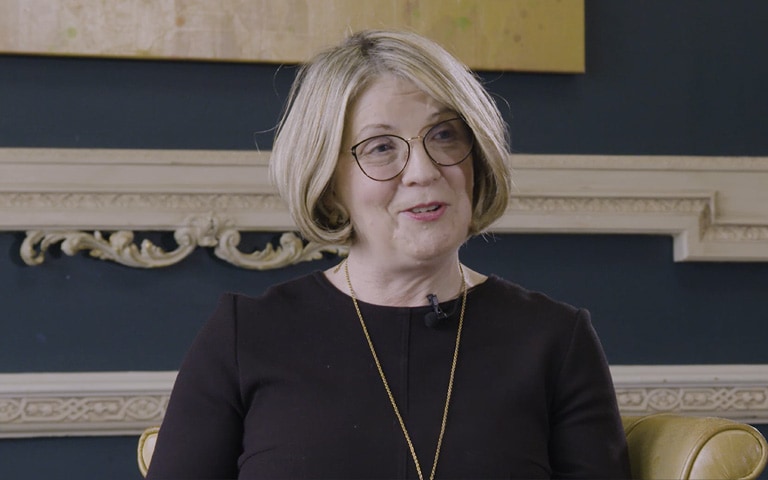
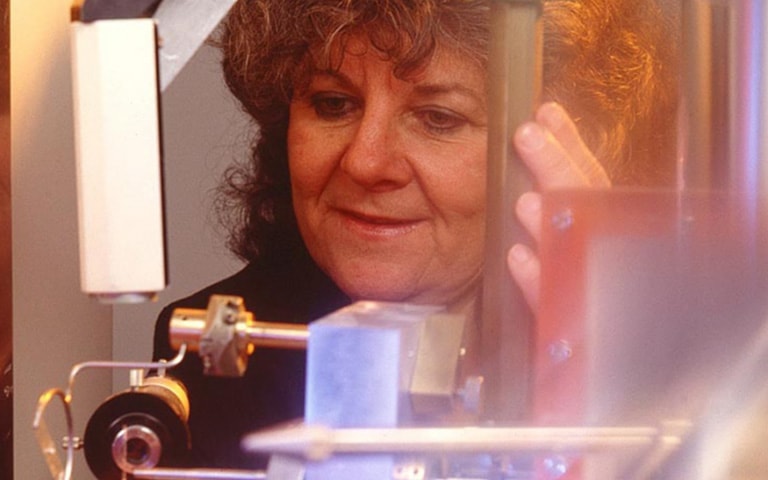
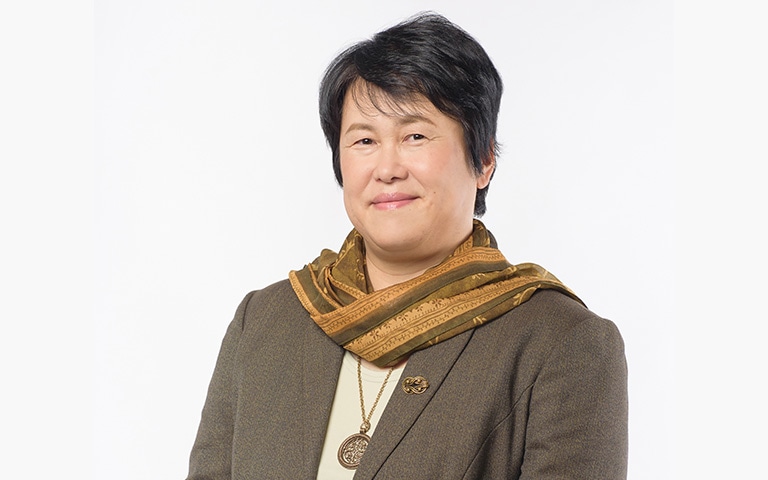
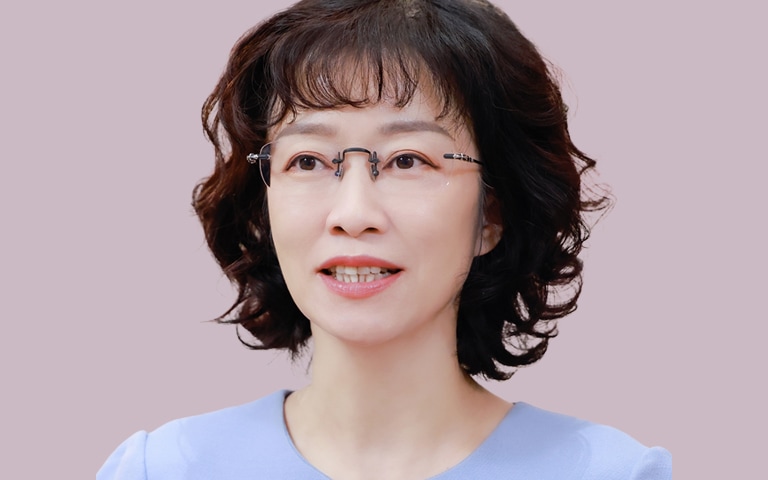
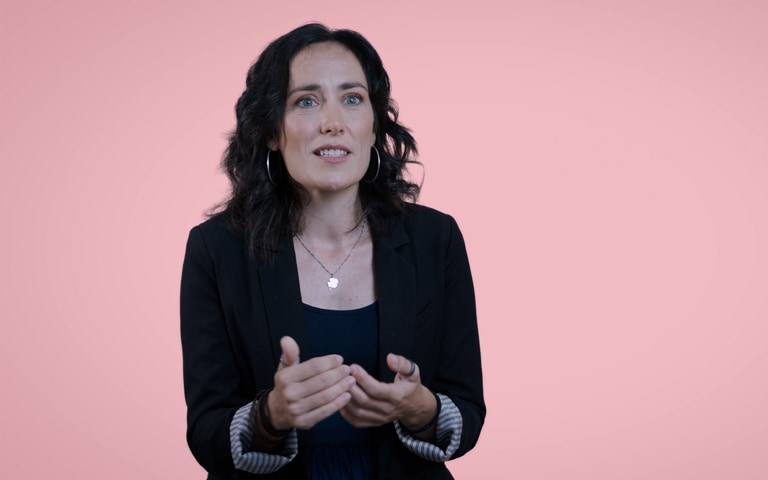
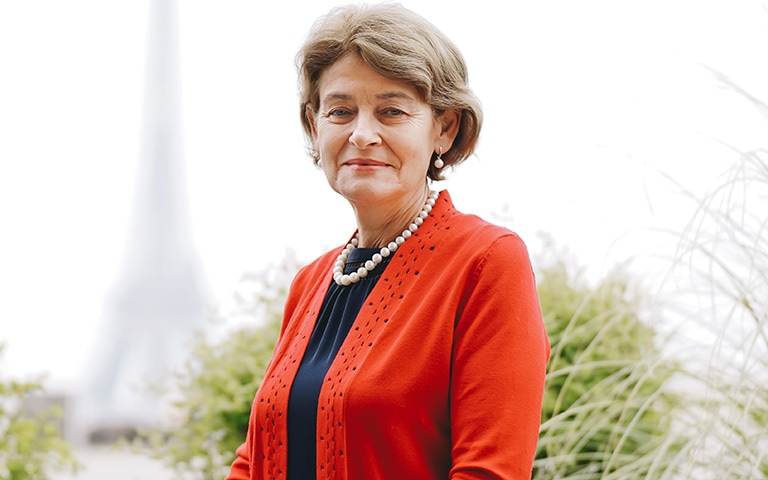
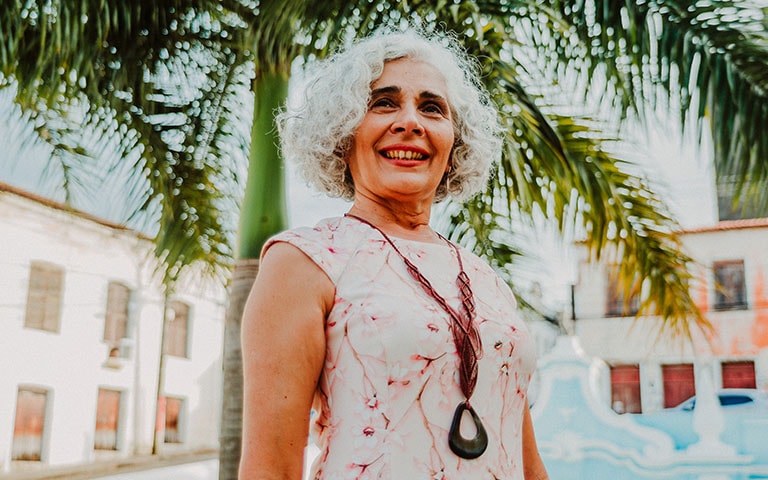
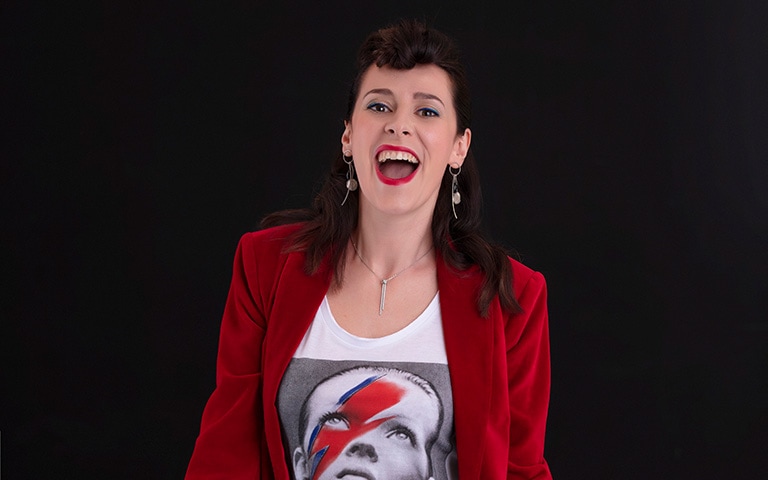
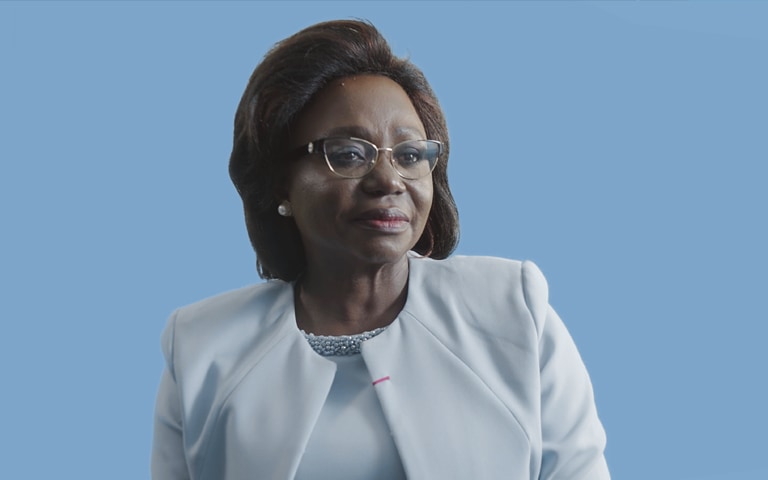
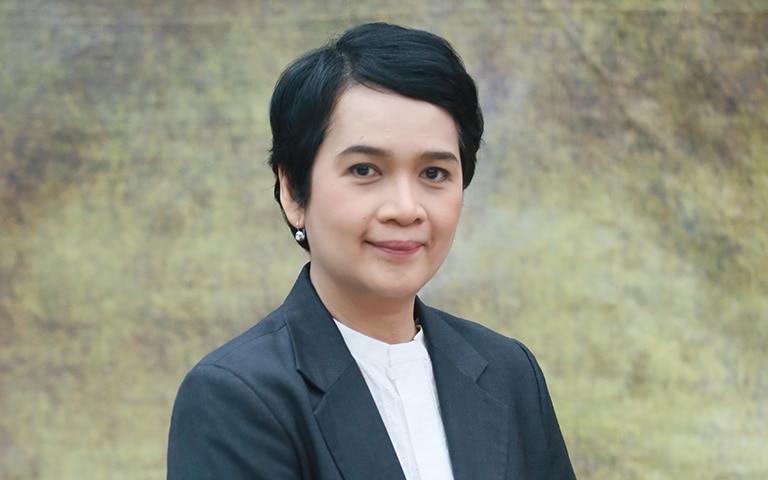
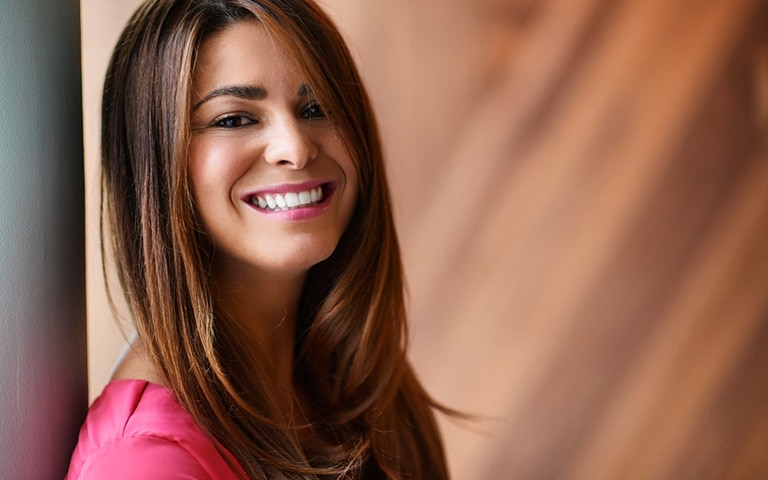
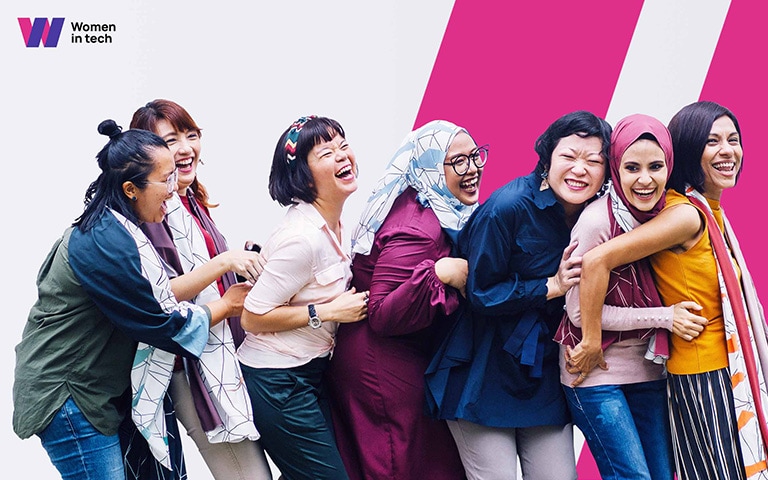
Contact us! transform@huawei.com
